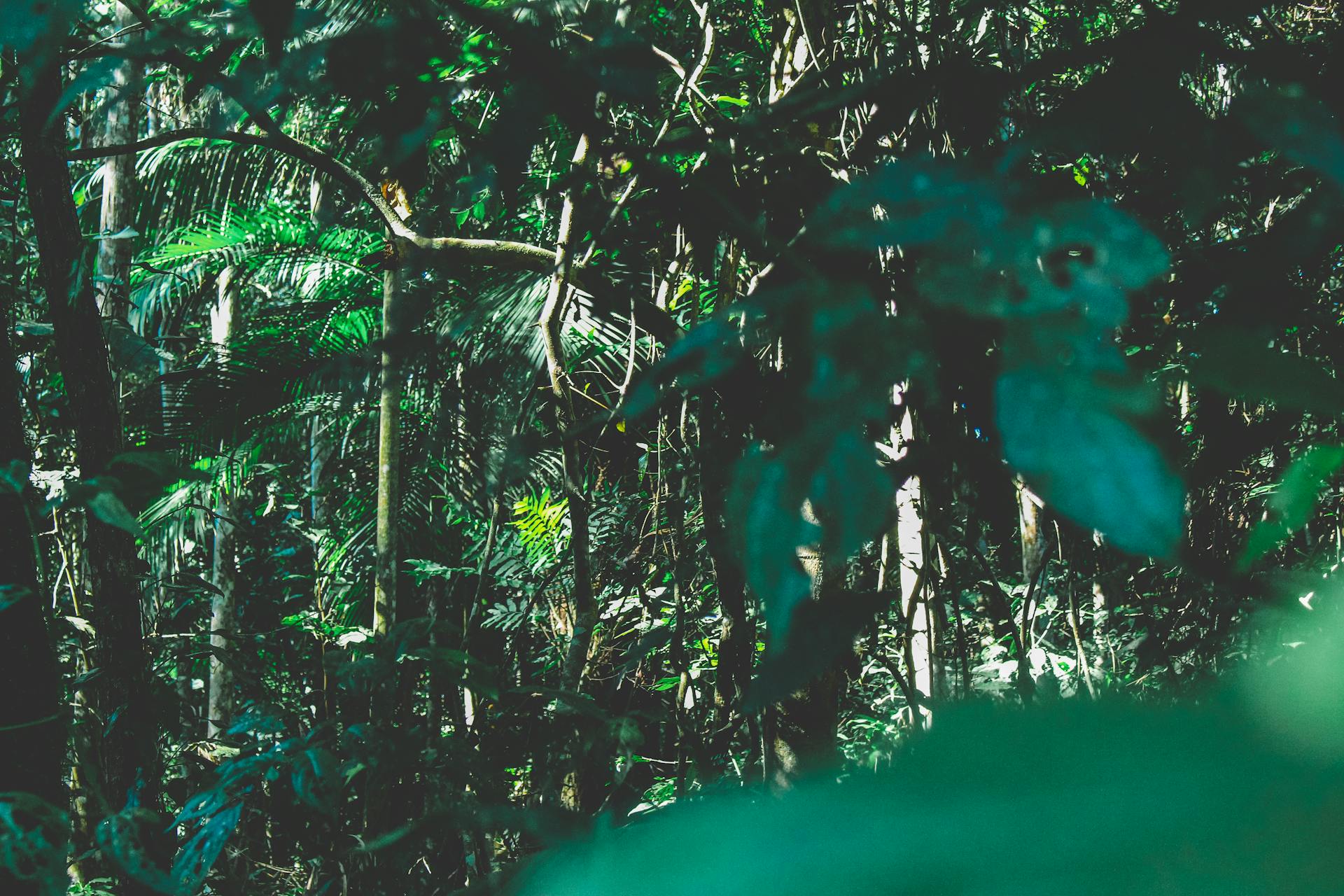WORLD Wildlife Day is observed annually on March 3rd and serves as a global platform to celebrate the incredible diversity of flora and fauna inhabiting our planet. World Wildlife Day also provides an opportunity to raise awareness about the importance of wildlife conservation, the threats faced by various species and the need for collective action to protect our natural heritage.
History and significance on World Wildlife Day
The United Nations General Assembly proclaimed March 3rd as World Wildlife Day in 2013 to coincide with the adoption of the Convention on International Trade in Endangered Species of Wild Fauna and Flora (CITES) in 1973. World Wildlife Day aims to celebrate and raise awareness of the world’s wild animals and plants, highlighting their intrinsic value and the crucial roles they play in maintaining ecological balance.
The theme for World Wildlife Day varies each year, focusing on different aspects of wildlife conservation. These themes help draw attention to specific challenges faced by various species and ecosystems, fostering a deeper understanding of the interconnectedness of all living beings.
Aims and objectives of World Wildlife Day
World Wildlife Day has several key objectives, including to raise awareness of the importance of biodiversity and the role that wild animals and plants play in sustaining ecosystems. Another objective is to promote conservation and advocate for the need to conserve and protect endangered species and their habitats to ensure their survival for future generations.
World Wildlife Day also addresses threats faced by wildlife, including habitat loss, illegal wildlife trade, climate change and pollution, and encourages global efforts to mitigate these challenges. World Wildlife Day also encourages sustainable practices that balance human needs with the conservation of biodiversity and emphasize the importance of coexistence. To support wildlife NGOs, you can donate here.
Observance of World Wildlife Day in India
India, known for its rich biodiversity, actively participates in World Wildlife Day, organizing various events and initiatives to raise awareness and encourage conservation efforts. National parks, wildlife sanctuaries and conservation organizations often organize educational programs, nature walks and seminars to engage the public in the importance of wildlife preservation.
The Government of India has also implemented stringent wildlife protection laws and established protected areas to safeguard the diverse range of species inhabiting the country. World Wildlife Day is also a platform for conservation projects and initiatives are continually being undertaken to address the specific challenges faced by different ecosystems and wildlife species.
NGOs making strides in wildlife conservation
In India, NGOs play a crucial role in wildlife conservation, working tirelessly to protect endangered species, preserve habitats and promote sustainable practices on World Wildlife Day and beyond. These NGOs collaborate with local communities, government agencies and international bodies to address the multifaceted challenges threatening the country’s diverse flora and fauna.
World Wildlife Day is an opportunity for NGOs to engage in activities such as habitat restoration, wildlife monitoring and community outreach programs to foster a sense of responsibility and involvement in conservation efforts. The work of NGOs contributes significantly to the overall protection of wildlife and the ecosystems they inhabit. It is important to acknowledge the collective efforts of various organizations working towards a common goal: the preservation of India’s wildlife heritage.
Support wildlife NGOs on Give.do
As the need for conservation efforts continues to grow, so does the importance of supporting NGOs dedicated to wildlife preservation. Give.do stands out as a trusted donation platform that facilitates secure and seamless transactions for compassionate individuals looking to contribute to the cause.
Give.do provides a reliable platform for wildlife NGOs to host fundraisers, allowing them to reach a passionate and diverse audience. Give.do’s commitment to security ensures that every donation goes directly to the intended cause, fostering trust among donors and facilitating the financial support needed for effective conservation projects.
On Give.do, wildlife NGOs can expand their reach and connect with individuals who share a deep commitment to wildlife conservation. The platform’s user-friendly interface and robust features make it an ideal space for both donors and organizations to come together in the collective effort to protect and preserve our planet’s invaluable biodiversity.
Take action this World Wildlife Day
World Wildlife Day serves as a poignant reminder of the urgent need to protect and conserve our planet’s diverse ecosystems and the myriad species that call them home. As we celebrate this day, it is essential to recognize the efforts of individuals, organizations, and platforms like Give.do that contribute to the global cause of wildlife conservation.
By fostering awareness, promoting sustainable practices and supporting dedicated NGOs, we can collectively work towards ensuring a harmonious coexistence between humans and wildlife. World Wildlife Day is not just a day of celebration; it is a call to action for every individual to play a part in safeguarding the incredible beauty and diversity of our natural world. To support wildlife NGOs, you can donate here.
–
Give’s mission is to “make giving bigger and better.” Give is the most trusted donation platform in India for fundraisers and crowdfunding campaigns. Through our technology solutions, we enable individuals and organisations to fundraise and donate to a cause, charity or NGO with trust and convenience. Give’s community of 2.7M+ individual donors and 300+ organisations supports 3,000+ verified nonprofits with 80G deduction and serves 15M+ people across India. Find a fundraiser today!

Give exists to alleviate poverty by enabling the world to give. Established in 2000, Give, together with its partners, is the largest and most trusted giving platform in India. Give enables individuals and organizations to raise and donate funds conveniently to any cause they care about, with offerings including crowdfunding, corporate giving, cause marketing, and philanthropy consulting. Give’s community of 2.6M+ donors supports 3,000+ verified nonprofits, serving 15M+ people across the country.
Discover more from give.do
Subscribe to get the latest posts to your email.





